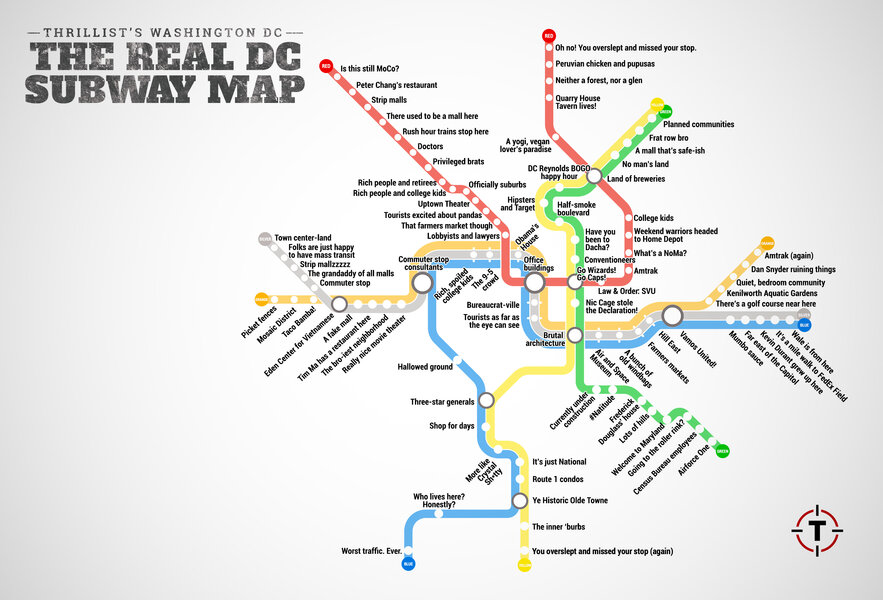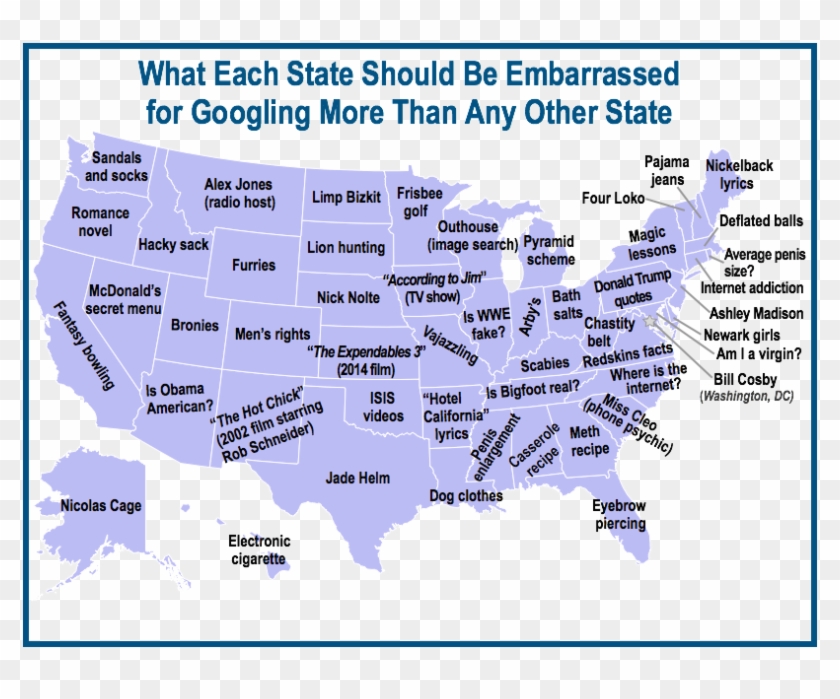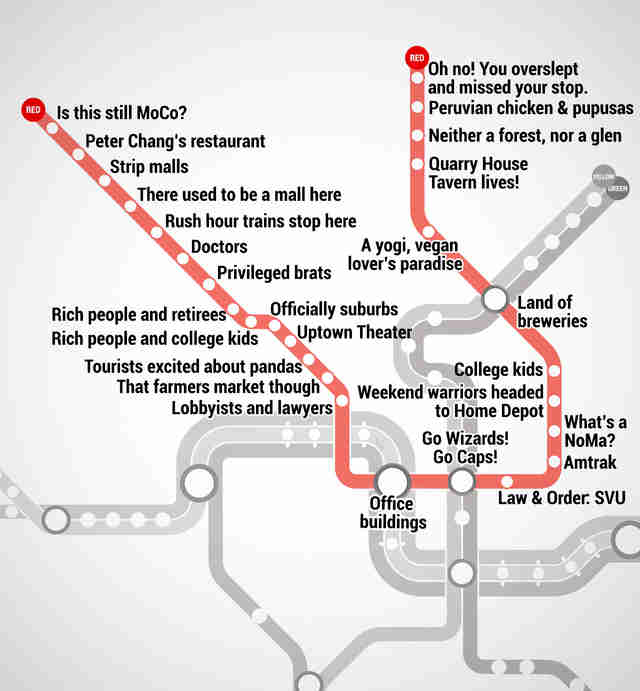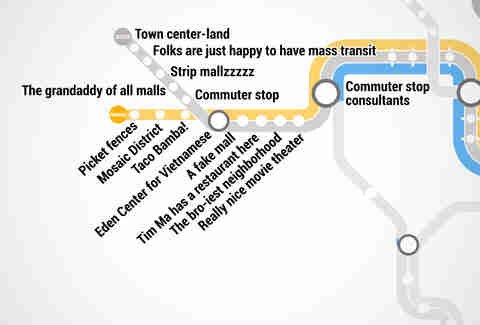Judgemental Map Of Washington Dc
judgemental map of washington dc
Related Articles: judgemental map of washington dc
Introduction
With enthusiasm, let’s navigate through the intriguing topic related to judgemental map of washington dc. Let’s weave interesting information and offer fresh perspectives to the readers.
Table of Content
Navigating the Landscape of Power: A Look at Washington D.C.’s "Judgemental Map"

The term "judgemental map" is not a formal, recognized term in urban planning or social science. It is, however, a colloquial phrase used to describe the informal, often unspoken, understanding of social hierarchies and power dynamics within a city. In the case of Washington D.C., this "map" is particularly complex, reflecting the city’s unique role as the nation’s capital, a hub of political power, and a diverse melting pot of cultures and socioeconomic backgrounds.
Understanding the Layers:
The "judgemental map" of Washington D.C. is not a static, geographically defined entity. It is a fluid, multi-layered concept that encompasses:
-
Political Power: Washington D.C. is the epicenter of American politics. The concentration of power within the White House, Congress, and various government agencies creates a distinct hierarchy, with those closest to these institutions wielding significant influence. This hierarchy is often reflected in the city’s social circles, with access to political power being a key determinant of status.
-
Socioeconomic Status: The city’s diverse socioeconomic landscape contributes significantly to the "judgemental map." Wealthy enclaves like Georgetown and Northwest D.C. are often seen as prestigious, while neighborhoods with lower median incomes may be perceived as less desirable. This perception can influence everything from housing choices to social interactions.
-
Racial and Ethnic Dynamics: Washington D.C. has a long history of racial and ethnic segregation, which continues to influence social perceptions. The city’s diverse population, including a significant African American community, has shaped the "judgemental map" in ways that are both historical and contemporary.
-
Cultural and Lifestyle Preferences: The "judgemental map" also reflects the city’s vibrant cultural scene. Different neighborhoods are known for their specific cultural offerings, from the arts and theatre in Adams Morgan to the vibrant nightlife in Dupont Circle. These preferences often shape social circles and perceptions of different areas.
Navigating the Map:
Understanding the "judgemental map" of Washington D.C. is not about judging or labeling individuals or communities. It is about recognizing the complex social dynamics that shape the city’s social landscape. This understanding can be beneficial in a number of ways:
-
Professional Networking: Recognizing the social hierarchies within the city can be helpful in navigating professional circles, especially in politically-oriented fields. Understanding the importance of certain neighborhoods and institutions can facilitate networking and building connections.
-
Social Interaction: Awareness of the "judgemental map" can help individuals understand the social dynamics at play in different areas of the city. This can facilitate smoother social interactions and avoid misunderstandings.
-
Understanding the City’s History: The "judgemental map" is a reflection of the city’s history and its ongoing evolution. Examining these dynamics can provide insights into the city’s social and political landscape, fostering a deeper understanding of its past and present.
Frequently Asked Questions:
Q: Is the "judgemental map" always accurate or fair?
A: No, the "judgemental map" is a subjective construct based on perceptions and social biases. It does not always reflect reality accurately and can perpetuate harmful stereotypes. It’s important to approach this concept with a critical lens, recognizing its limitations.
Q: Does the "judgemental map" apply to everyone in Washington D.C.?
A: The "judgemental map" is a general framework, and individual experiences within the city can vary greatly. It is not a definitive guide to understanding every person’s perspective or social standing.
Q: How can I avoid perpetuating the "judgemental map"?
A: It is important to challenge your own assumptions and biases, engage with people from diverse backgrounds, and be open to different perspectives. By actively working to dismantle harmful stereotypes, you can contribute to a more inclusive and equitable social landscape.
Tips for Navigating the "Judgemental Map":
- Be open-minded: Recognize that your own perceptions may be shaped by biases and stereotypes. Be willing to challenge your assumptions and learn from others.
- Seek diverse perspectives: Engage with people from different backgrounds and neighborhoods. This will help you gain a more nuanced understanding of the city’s social dynamics.
- Focus on individual interactions: Avoid making generalizations about entire communities or neighborhoods. Treat everyone with respect and dignity, regardless of their background or social standing.
- Be mindful of your language: Avoid using language that reinforces stereotypes or perpetuates harmful biases. Choose your words carefully and be aware of their potential impact.
Conclusion:
The "judgemental map" of Washington D.C. is a complex and often unspoken framework that shapes the city’s social landscape. Recognizing its layers and understanding its limitations is crucial for navigating the city’s diverse and dynamic environment. By approaching this concept with a critical lens and actively working towards a more inclusive society, individuals can contribute to a more equitable and just Washington D.C.








Closure
Thus, we hope this article has provided valuable insights into judgemental map of washington dc. We hope you find this article informative and beneficial. See you in our next article!